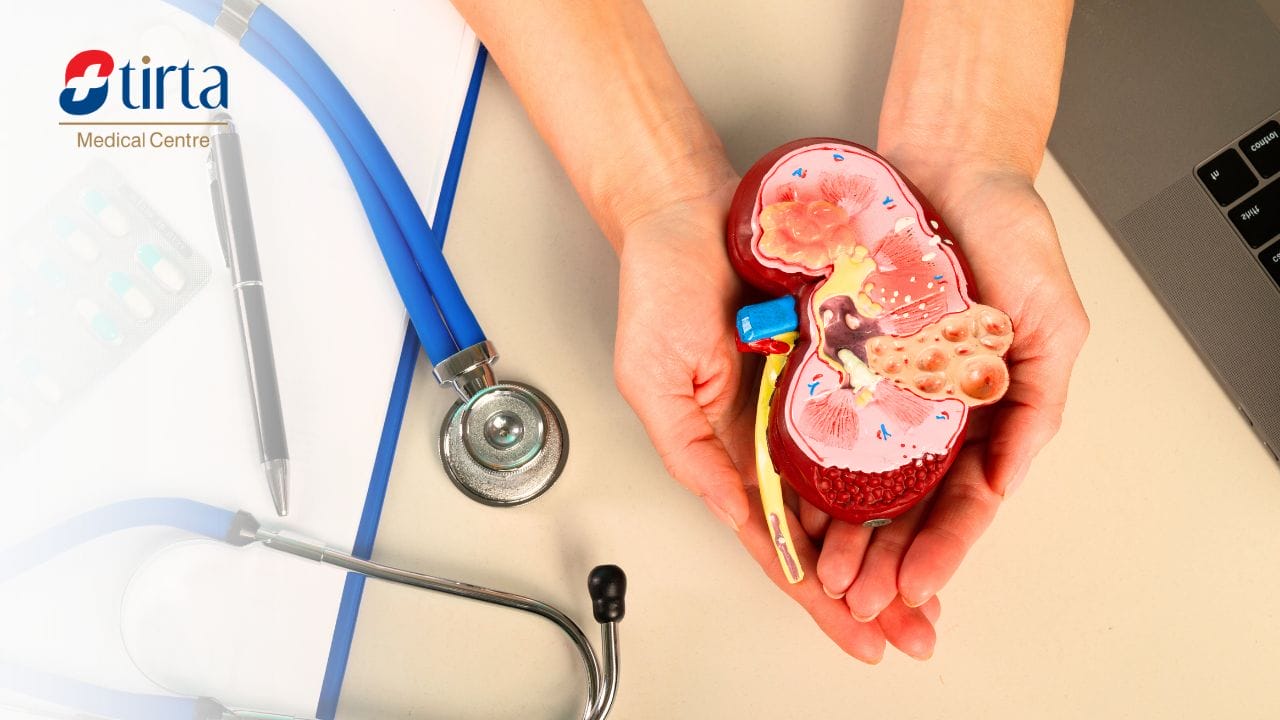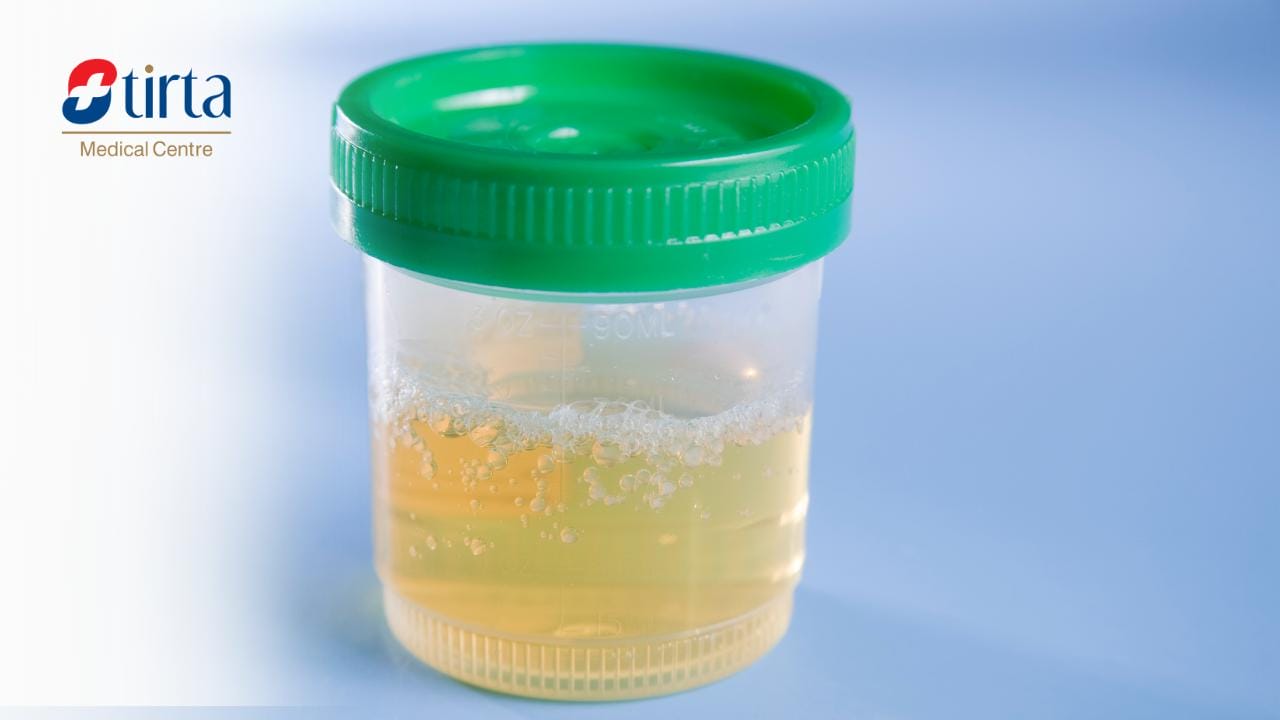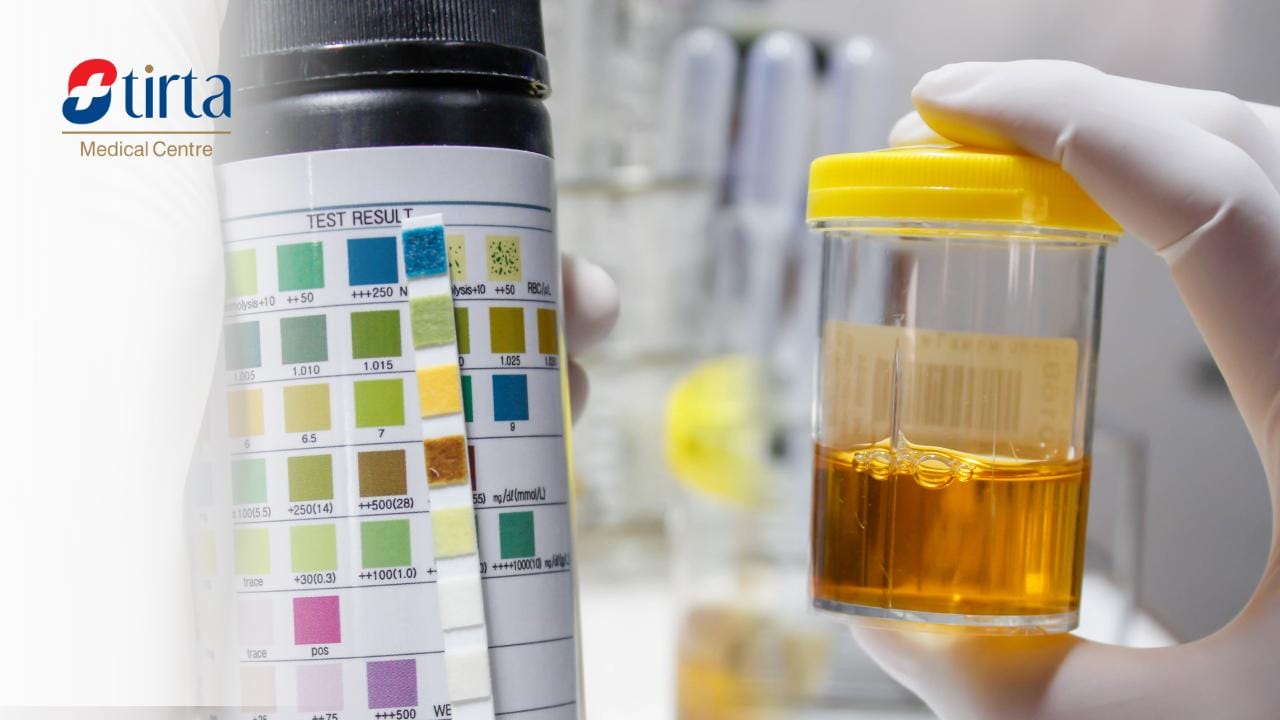Kidneys are vital organs that play a crucial role in filtering waste and excess fluids from the blood. Testing kidney function is an essential step to ensure these organs are operating optimally.
Benefits of Kidney Function Tests
Kidney function tests offer various important health benefits:
1. Early Detection of Kidney Disorders
Kidney function tests enable the early detection of kidney issues before clinical symptoms arise, facilitating easier management and preventing further damage.
2. Evaluation of Treatment
Helps doctors assess the effectiveness of ongoing therapy and adjust medication dosages according to the patient’s kidney function.
3. Monitoring Chronic Diseases
Extremely useful in managing chronic conditions such as diabetes and hypertension, which can significantly affect kidney health.
4. Prevention of Complications
Routine checks can prevent serious complications such as kidney failure requiring dialysis or kidney transplantation.
5. Optimization of Medication Use
Ensures that medications are safe and dosages are appropriate for the patient’s kidney function.
6. Improvement of Life Quality
Knowing the accurate condition of the kidneys allows patients to take appropriate preventive measures to enhance their quality of life.
7. Overall Health Assessment
Kidney function tests provide a comprehensive view of body health, considering the kidneys’ crucial role in regulating blood pressure, red blood cell production, and mineral balance.
Types of Kidney Function Tests and Their Normal Results
Here are 7 types of kidney function tests along with their normal values, commonly performed to detect disorders in the kidneys and ensure their proper function.
These tests are critically important to perform regularly, especially for those with high-risk factors such as diabetes, hypertension, or a family history of kidney disease.
1. Blood Urea Nitrogen (BUN) or Urea Nitrogen Test
BUN measures the amount of urea nitrogen in the blood, which is a byproduct of protein metabolism. Normal BUN values vary by age and gender:
- Children 1-17 years: 7-20 mg/dL
- Adult females: 6-21 mg/dL
- Adult males: 8-24 mg/dL
2. Creatinine
Creatinine is a waste product from muscle metabolism that is filtered by the kidneys. Normal creatinine levels:
- Men: 0.74-1.35 mg/dL
- Women: 0.59-1.04 mg/dL
3. Estimated Glomerular Filtration Rate (eGFR)
eGFR calculates the kidneys’ ability to filter waste from the blood. Interpretation of eGFR results:
- GFR ≥90: Normal result or presence of kidney damage without impaired function
- GFR 60–89: Kidney damage with mild functional impairment
- GFR 45–59: Mild to moderate functional impairment
- GFR 30–44: Moderate to severe functional impairment
- GFR 15–29: Severe functional impairment
- GFR ≤15: Kidney failure requiring dialysis or kidney transplantation
4. Creatinine Clearance
This test compares creatinine levels in urine with those in the blood. Normal values:
- Men (19–75 years): 77-160 mL/min/BSA
- Women (by age):
- 18–29 years: 78-161 mL/min/BSA
- 30–39 years: 72-154 mL/min/BSA
- 40–49 years: 67-146 mL/min/BSA
- 50–59 years: 62-139 mL/min/BSA
- 60–72 years: 56-131 mL/min/BSA
5. Cystatin C
This protein is constantly produced by nucleated cells and is a more accurate marker of kidney function than creatinine. Advantages:
- Not influenced by age, gender, muscle mass, or ethnicity
- Can detect kidney disorders earlier
- Provides a more accurate GFR measurement.
A high cystatin C test result indicates a low glomerular filtration rate. If the result is high, there is a possibility of kidney dysfunction.
Normal cystatin C values range between 0.6 and 1.3 milligrams per deciliter (mg/dL).
6. Urine Albumin to Creatinine Ratio (UACR)
Measures the level of the protein albumin in the urine. Normal UACR values:
- Adult men: < 17 mg/g
- Adult women: < 25 mg/g
7. Urinalysis
A comprehensive urine test to detect proteins, blood, and other abnormal substances in the urine. Abnormal results may indicate kidney issues.
Indications for Kidney Function Tests
Kidney function testing is recommended for the following conditions:
– High-Risk Factors
- Diabetes
- Hypertension
- Cardiovascular disease
- Family history of kidney disease
- Obesity
- Age over 60 years
- History of low birth weight
– Symptoms Indicating Kidney Issues
- High blood pressure
- Blood in the urine
- Increased frequency of urination
- Difficulty starting urination
- Pain during urination
- Swelling in the hands and feet
Kidney Function Test Procedures
The procedure for kidney function testing includes a series of steps that must be followed carefully to obtain accurate results.
– Preparation for Kidney Function Tests
- Blood tests generally do not require special preparation.
- Urine creatinine test requires collecting urine samples over 24 hours.
- Some tests may require fasting as advised by the doctor.
– Blood Sample Collection
- A tourniquet is placed on the upper arm.
- The blood draw area is cleaned.
- Blood is drawn using a special needle.
- Blood samples are collected in tubes for analysis.
– 24-Hour Urine Sample Collection
- Urinate as usual on the first morning
- Collect all urine over 24 hours in a special container
- Keep the container in the refrigerator during collection.
- Collect the last urine on the following morning
- Deliver the sample to the laboratory as instructed.
Kidney Function Test Prices
Tirta Medical Centre (TMC) offers various affordable kidney function test packages:
- Kidney Function Test – BUN: IDR 60,000
- Kidney Function Test – Creatinine + eGFR: IDR 60,000
- Kidney Function Test – Uric Acid: IDR 60,000
- Kidney Function Test – Urea: IDR 60,000
- Kidney Function Test – Kidney Function Package (Urea, Creatinine, Uric Acid): IDR 110,000
- Kidney Function Test – Creatinine Clearance: IDR 152,000
- Kidney Function Test – Cystatin C: IDR 559,000
Note: Prices are subject to change at any time. Tirta friends can contact us for updates on kidney function test costs or online reservations here:
TMC also provides Medical Check Up Packages that include kidney function tests and other examinations in the Diabetes Test Package for IDR 595,000 and the General Heart Check-Up Package for IDR 1,195,000.
How Often Should Kidney Function Tests Be Done in a Year?
The frequency of testing varies depending on the condition:
- For individuals without risk factors: once a year during a routine Medical Check-Up
- For those with diabetes or kidney disorders:
- Severe abnormalities: every month
- Mild abnormalities: every 3 months
- No abnormalities: every 6-12 months
Best Places for Kidney Function Tests
Kidney function tests can be performed at several health facilities:
- Accredited Medical Check Up clinics like Tirta Medical Centre (TMC), which has over 30 branches across Indonesia, can provide laboratory services such as kidney function tests.
- Hospitals with complete laboratory facilities
When choosing a testing location, consider:
- Laboratory accreditation and certification
- Completeness of diagnostic equipment
- Availability of experienced medical personnel
- Ease of access and location
References:
- Cleveland Clinic. Accessed in 2024. Kidney Function Tests: Types, Results & Follow-Up: https://my.clevelandclinic.org/health/diagnostics/21659-kidney-function-tests
- National Kidney Foundation. Accessed in 2024. Tests to Check Your Kidney Health: https://www.kidney.org/kidney-topics/tests-to-check-your-kidney-health
- CDK Journal. Accessed in 2024. Kidney Function Tests: https://kalbemed.com/cdk/download/1422
- Islamic University of Kalimantan Muhammad Arsyad Al Banjari Journal. Accessed in 2024. Clinical Aspects and Laboratory Examinations of Chronic Kidney Disease: https://ojs.uniska-bjm.ac.id/index.php/ANN/article/download/9229/4777
- Dr. B. Lal Lab. Accessed in 2024. The Importance of Regular Kidney Function Tests: https://blallab.com/blogs/importance-of-regular-kidney-function-tests
- Healthline. Accessed in 2024. Kidney Health: 8 Ways to Keep Your Kidneys Healthy: https://www.healthline.com/health/kidney-health
- Mayo Clinic Laboratories. Accessed in 2024. Kidney function: https://news.mayocliniclabs.com/renal/kidney-function/
- PMC NCBI. Accessed in 2024. Serum cystatin C as a marker of renal function in detection of early acute kidney injury: https://pmc.ncbi.nlm.nih.gov/articles/PMC3692142/
- Mayo Clinic. Accessed in 2024. Creatinine test: https://www.mayoclinic.org/tests-procedures/creatinine-test/about/pac-20384646
- Healthline. Accessed in 2024. Kidney Function Tests: Purpose, Types, and Procedure: https://www.healthline.com/health/kidney-function-tests








